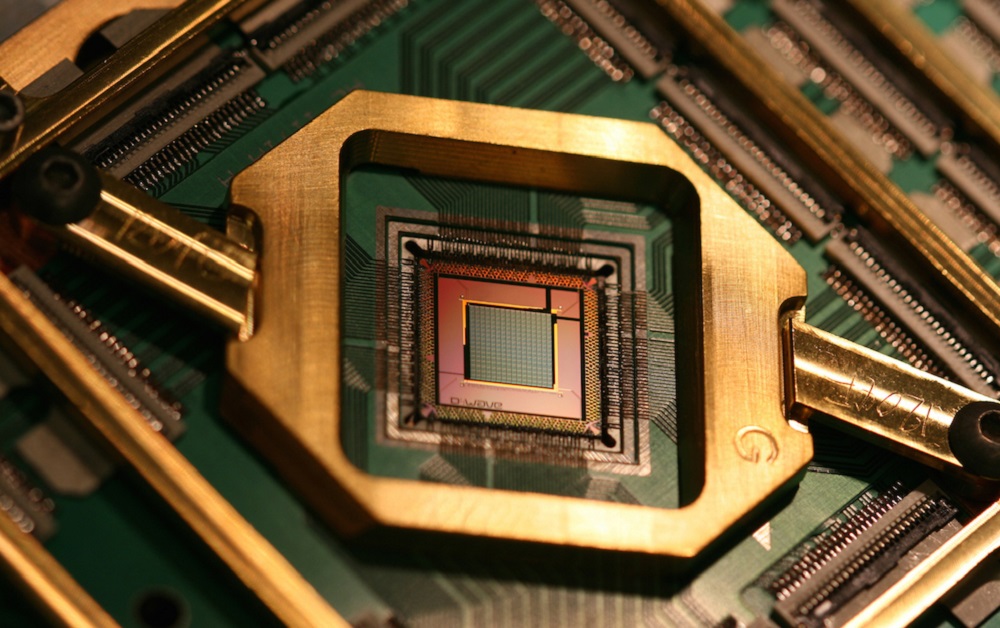Chinese researchers claim to have uncovered a “real and substantial threat” to the classical cryptography widely used in banking and the military sectors. According to a report published by theSCMP, the researchers utilized aD-Wave quantum computerto mount the first successful quantum attack on widely used cryptographic algorithms. These algorithms, classed as substitution–permutation network (SPN) cryptographic algorithms, are at the heart of widely used standards like the Rivest-Shamir-Adleman (RSA) and Advanced Encryption Standard (AES).
The Chinese-language research paper is titled Quantum Annealing Public Key Cryptographic Attack Algorithm Based on D-Wave Advantage (PDF). The paper outlines how two technical approaches grounded in the quantum annealing algorithm can be used to challenge classical RSA cryptographicsecurity.

The first attack route is “entirely based on D-Wave computers,” explains the paper. It coaxes the Canadian quantum computer into a cryptographic attack by presenting the combination of an optimization problem and exponential space search problem to the computer. The issues are solved using the Ising and QUBO models.
The second proposed attack incorporates classical computing-based cryptographic technology, such as the Schnorr signature algorithm and the Babai rounding technique, layered with a quantum annealing algorithm, to work “beyond the reach of traditional computing methods.”Applying the above techniques, with the help of the D-Wave quantum computer, the team led by Wang Chao of Shanghai University claim to have successfully breached the widely used SPN structure. Wang refused to give further details to the SCMP due to the sensitivity of this topic. However, the direction of travel means that AES-256 and other ‘military grade’ encryption algorithms are closer than ever before to being cracked. Moreover, quantum-reliant and quantum-aided techniques, as discussed in the paper, quantum-reliant and quantum-aided techniques could bring forward the day when current military andenterprise-grade encryption tech is good enough.

With the above news in mind, it is reassuring that organizations like the National Institute of Standards and Technology (NIST) are busy assessing and establishingpost-quantum cryptographic algorithmsdesigned to be crack-proof to future quantum computers.
Get Tom’s Hardware’s best news and in-depth reviews, straight to your inbox.
Mark Tyson is a news editor at Tom’s Hardware. He enjoys covering the full breadth of PC tech; from business and semiconductor design to products approaching the edge of reason.